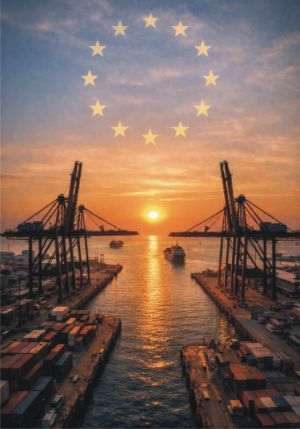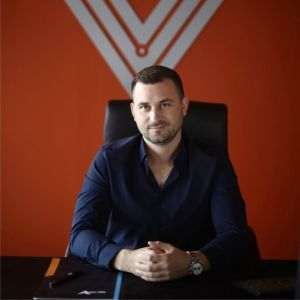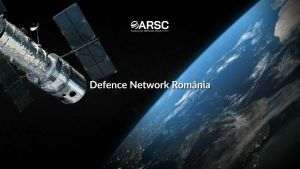An application in the field of nanotechnology and the 100% recovery of metals from electronic waste are the new inventions of Latvian Voldemars Belakovs, who two years ago patented a revolutionary, environment-friendly technology for extracting precious minerals without cyanides.
He explained, in an interview he granted us, that he has perfected a quick and easy method, which takes nanotechnology to the next level of evolution, with benefits for many industries, as well as for medicine.
Nanotechnology is the set of techniques for the production, manipulation and use of objects at a nanometric scale. Nanotechnology involves the direct manipulation of atoms and molecules that make up matter, to create, from that level up, larger structures with a new molecular structure.
Voldemars Belakovs told us that his method for the production of nanopowders and of the nanopowder isotopes is awaiting the publication of the patent, as he has already received a favorable response from Geneva.
At the global level, nanotechnology is still at the experimental stage, as the stage for large scale production of nanotechnologies has not yet been reached.
Voldemars Belakovs's invention cuts production costs by 50%, thereby facilitating the mass-production of nanomaterials.
According to Voldemars Belakovs, the technology for the production of nanopowders will have a major impact in industry, medicine and space research. The Latvian physicist that in terms of costs and effectiveness of the results, the technology facilitates the creation of devices, substances and structures as well of methods of investigation which pertain to nuclear medicine. Thus, this will allow the creation of "intelligent and selective" drugs, like he called them. For example,e a pill for treating tumors can be built at a lower cost, which will make it accessible to a much broader category of patients.
In industry, the production of nanopowders enables the creation and industrial development of "smart" materials with high resistance and effectiveness. Materials with special properties can be developed for the space industry, as well as sources of energy, "intelligent" and effective to be used in space research, the development of satellites and the gathering and processing of samples from space.
• Full recovery of metals from electronic waste
Using the foundation of the technology invented for the extraction of precious metals, the Latvian physicist has developed an application that allows the full recovery of metals from electronic waste. Voldemars Belakovs explained to us: "I have found a solution to fully recover all the materials from these wastes. I found the process is reversible. There are billions of tons of waste all over the world, which can be disintegrated in a manner which is 100% environmentally-friendly, with this application. Major companies from France and China are interested in this technology".
• Extracting precious metals without cyanides
Two years ago, the "BURSA" newspaper featured an exclusive article about the invention of the same Latvian physicist, which allowed extracting precious metals without cyanides.
Voldemars Belakovs has Romanian businessman Nicolae Costache as his partner, whom he met in Sierra Leone. Over there, the Romanian investor has mining businesses.
In Sierra Leone, the two have begun testing the technology for extracting precious metals without cyanides, and then they continued working on it in Romania, near Sibiu.
Voldemars Belakovs told us: "I love Romania and I set up residence here two years ago. I live in Sibiu, where I want to set up a center for new technologies and inventions. We have created hundreds of inventions so far".
Voldemars Belakovs said that there is interest from some major mining companies and from various countries for this technology, but that unfortunately, so far this technology has not been sold.
The physicist said: "Some of the major companies which are involved in the mining of gold are also involved in businesses involved in cyanide-based technologies. There are also companies which are only concerned with the extraction of gold. The latter are showing much more interest. Furthermore, businesspeople are very cautious when investing in new inventions and technologies. Before investing, they are first and foremost asking for details which pertain to the secret of the invention, of the patent. It is very hard to enter such a partnership without the risk of having your patent stolen. But there are also countries and businesspeople who understand the need to keep the secret of an invention and which we are currently negotiating with".
Even though they promised they would, the Romanian authorities have yet to come to Sibiu to visit the experimental center and to assess the benefits of this technology.
Roşia Montană Gold Corporation, the company which wants to mine the gold of Roşia Montană, has not yet investigated the new method, even though the project has been deadlocked for over 10 years, precisely because of the controversies concerning the cyanide-based extraction methods.
The invention of the Latvian physicist for the environmentally-friendly method for extracting precious metals has been registered with the Patents Bureau of Geneva and published on December 8th, 2011, by the World Intellectual Property Organization (WIPO). Near Sibiu, Voldemars Belakovs and Nicolae Costache have built a pilot-machine at a semi-industrial scale which would implement the technological principles of this invention.




























































